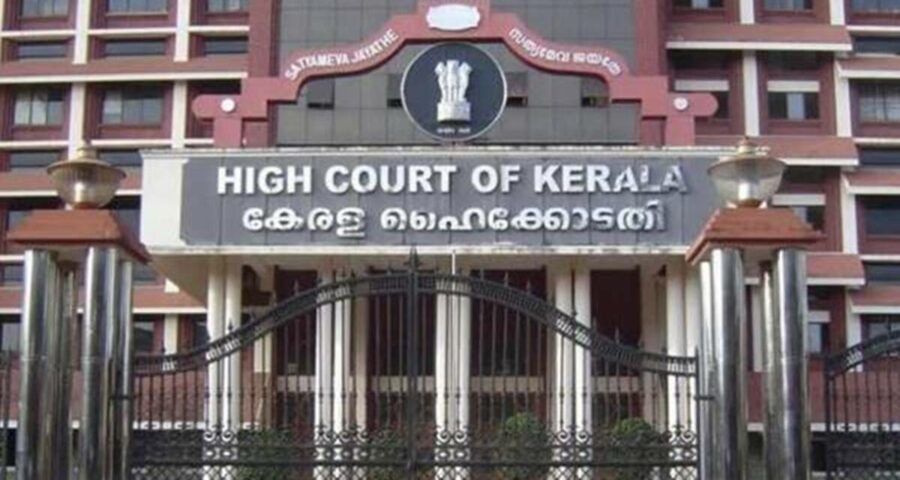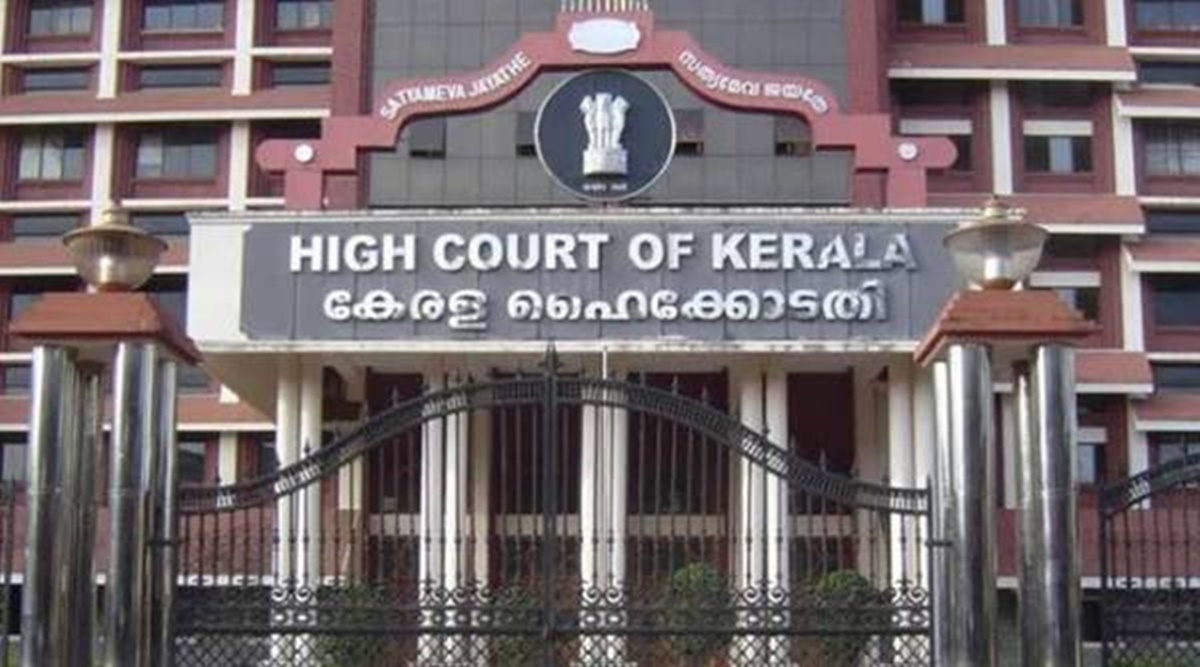Justice R Narayana Pisharadi, in his order said merely because the victim was in love with the accused, it cannot be presumed that she had given consent for sexual intercourse.
Helplessness in the face of inevitable compulsion cannot be considered as consent, Kerala High Court has said while considering an appeal filed by a rape convict.
Justice R Narayana Pisharadi, in his order said merely because the victim was in love with the accused, it cannot be presumed that she had given consent for sexual intercourse.
Court said there is a gulf of difference between consent and submission and every consent involves a submission but the converse does not follow.
“Helplessness in the face of inevitable compulsion cannot be considered to be consent as understood in law. Exercise of intelligence based on the knowledge of the significance and the moral effect of the act is required for consent. Merely for the reason that the victim was in love with the accused, it cannot be presumed that she had given consent for sexual intercourse,” the court said in its order dated October 31.
The court was hearing an appeal by 26-year-old Syam Sivan, against his conviction and subsequent sentencing by trial court under various sections of the Indian Penal Code including section 376, which deals with rape.
The accused had in 2013 taken a girl, with whom he had a relation, to Mysore and had sexual intercourse with her without her consent, the court noted in its judgement. It also noted that the accused sold all her gold ornaments and then took her to Goa where he raped her again.
“Her evidence shows that he made a threat that if she did not go with him, he would commit suicide in front of her house,” the court noted.
The court said even if it is assumed that, on subsequent occasions, she did not resist the act of the accused, it cannot be found that it was with her consent that the accused had sexual intercourse with her.
“It can only be found that it was a passive submission made by the victim girl under unavoidable circumstances as she had no other option,” the court said in the judgement.
The court, however, set aside the conviction under the POCSO act as the age of the victim was not proved.
Meanwhile, it said the act of the accused clearly constitutes the offences punishable under Section 366 and 376 of the IPC (Abduction and rape).
Source: Read Full Article


